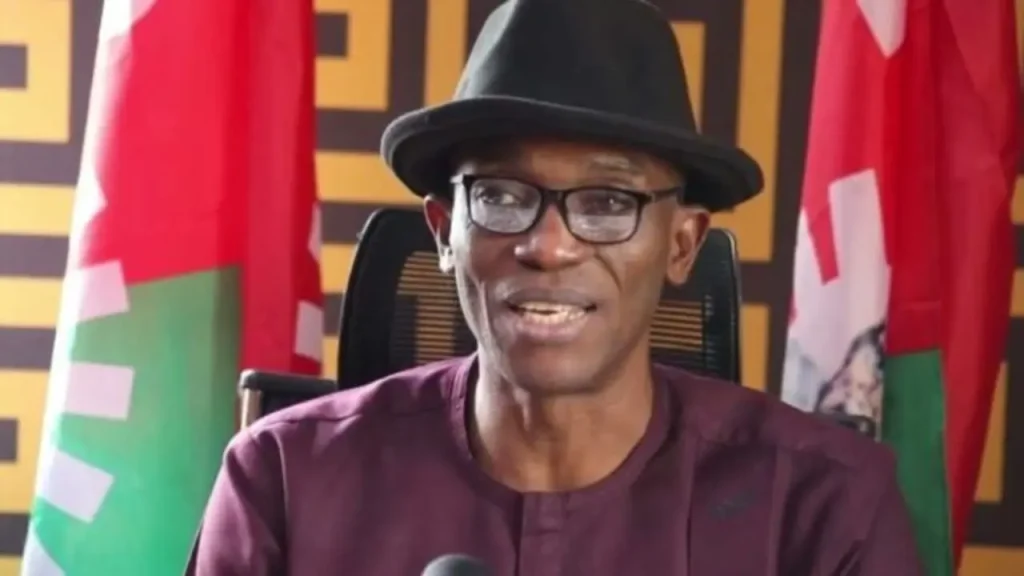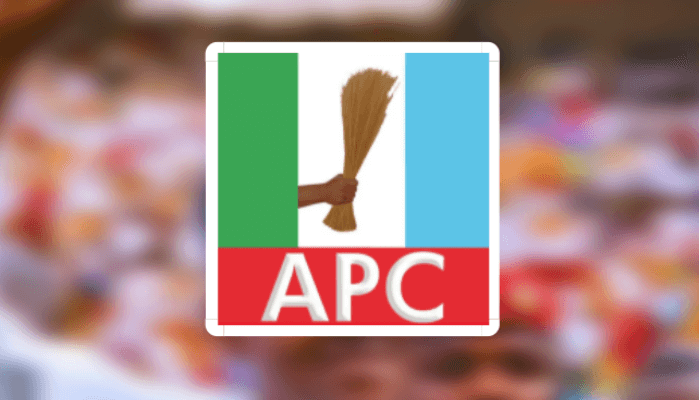As schools commenced the new term on January 17, a dire situation unfolded in the Eastern Cape of South Africa. Hundreds, if not thousands, of learners found themselves unable to attend school due to a lack of scholar transport. In Kyga, a township in Nelson Mandela Bay, a community meeting was convened to address this pressing issue, shedding light on the widespread impact of the transport debacle.
Education officials, notably from the Department of Education, pointed fingers at the Department of Transport, attributing the chaos to their failure in providing timely scholar transport. Thozamile Qushani, representing the governing board for Rocklands Secondary, revealed that a staggering 384 learners at the school were unable to attend classes due to transport unavailability. The ripple effect extended to approximately 750 children in the township who found themselves stranded at home.
Iviwe Mangcu, a concerned parent, highlighted the exorbitant costs imposed by private transporters, who demanded around R700 per month to ferry a single child to school. The financial burden further exacerbated the plight of the affected families.
An anonymous official from the education department conceded that there were allocation discrepancies, with instances of schools being provided transport for a quantity of learners drastically exceeding their actual numbers. The gravity of the situation was exemplified by the case of Van Stadens Primary School, which was allocated scholar transport for 523 learners instead of the accurate count of 126. Similarly, Walmer High School experienced a similar disparity, with only 11 out of 60 qualifying learners receiving the promised transport.
Amidst mounting criticism, Unathi Binqose, the spokesperson for the Department of Transport, acknowledged that the delay in contracting new operators and establishing additional routes and schools had intensified the predicament. Binqose emphasized the collaborative efforts of the transport and education departments, along with the provincial government, in addressing these pressing challenges. Despite their assurances, the situation on the ground remained bleak for the stranded students.
The Department of Transport disclosed that approximately 91,000 learners in the Eastern Cape were slated to receive scholar transport, supported by an annual budget of nearly R700 million. However, revelations made in a media statement by the Democratic Alliance on January 10 raised concerns. The statement indicated that a significant portion of the funds, precisely R230 million, had to be utilized to settle prior debts, leaving a substantially reduced budget of R465 million for the entire fiscal year, a revelation that cast serious doubt on the feasibility of fulfilling the scholar transport needs.
Mali Mtima, the spokesperson for the Department of Education, echoed the urgent need for schools to devise catch-up plans for the affected learners, underscoring the far-reaching impact of the scholar transport crisis.
As the saga of stranded students unfolds, it brings to light not just a local issue, but a systemic failure with deep-seated implications for the education sector in South Africa. The plight of these learners serves as a stark reminder of the critical intersection between transportation and access to quality education, a challenge that demands immediate attention and sustainable solutions.



